Products tagged with 'arthropod'
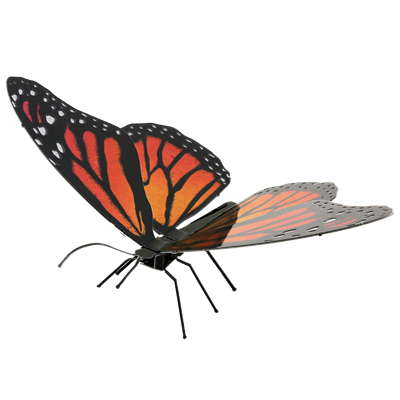
MMS123
Monarch Butterfly
All Metal Earth butterflies are made of 1 sheet colored models and are rated as “Easy” builds. The upper (dorsal side) and undersides (ventral side) of the forewings and hindwings are decorated in color.
The Monarch Butterfly may be the most familiar North American butterfly, and is considered an iconic pollinator species. Its wings feature an easily recognizable tawny orange, the veins and margins are black, and there are two series of small white spots in the margins. The Monarch wingspan averages 8-10cm.
The Monarch Butterfly may be the most familiar North American butterfly, and is considered an iconic pollinator species. Its wings feature an easily recognizable tawny orange, the veins and margins are black, and there are two series of small white spots in the margins. The Monarch wingspan averages 8-10cm.
$0.00
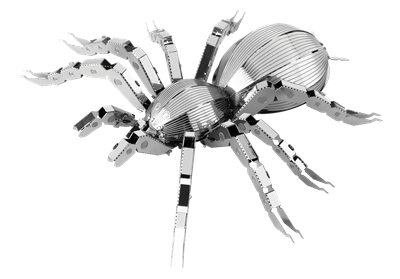
MMS072
TARANTULA
Comprises a group of more than 900 types of often hairy and very large arachnids. Most species of tarantulas are not dangerous to humans and some species have even become popular in the exotic pet trade. Their prey are insects, rodents and even small birds. In the wild, female tarantulas can live for more than 30 years.
$0.00
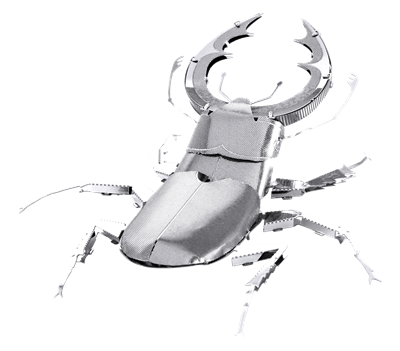
MMS071
STAG BEETLE
The name is derived from the large and distinctive mandibles found on the males that resemble the antlers of stags. It is the largest terrestrial insect in Europe. Males use their jaws to wrestle each other for favored mating sites in a manner that parallels the way stags fight over females.
$0.00
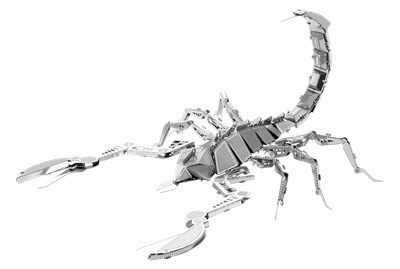
MMS070
SCORPION
This predatory arachnid has eight legs and is easily recognized by a pair of grasping claws and a narrow segmented tail that is often carried in a characteristic forward curve over its back, ending with a venomous stinger. Scorpions can grow as large as 20 cm. Their venom has a fearsome reputation but only about 25 out of almost 1500 species are known to have venom capable of killing a human.
$0.00
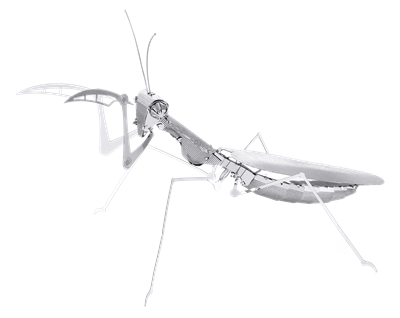
MMS069
PRAYING MANTIS
The name comes from the Greek word meaning prophet because they appear to be praying when their forelegs are clasped together. They are carnivorous and are equipped with sharp spines along their front legs to grasp prey. The mantis is a very unique insect in that it can turn its head 180 degrees, has only one ear and some are large enough to capture humming birds.
$0.00
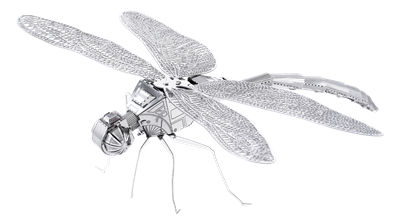
MMS064
DRAGONFLY
Has large multifaceted eyes, two pairs of strong transparent wings, and an elongated body. Dragonflies are among the fastest flying insects in the world capable of attaining speeds of more than 40 miles per hour. They are important predators that eat mosquitoes, and other small insects like flies, bees, ants and wasps. They are usually found around marshes, lakes, ponds, streams, and wetlands.
$0.00















